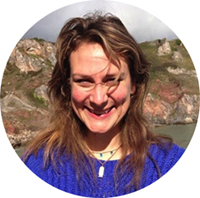In terms on lineage and upbringing, I have no connection with the countryside. I grew up on a council estate in a northern industrial town, so it was about as far from Cider With Rosie as you could possibly get. As a teenager I used to camp in the Lakes with my mates but that was more about fishing and beer and girls. Then in my 20s, I had a kind of epiphany on Loughrigg Fell and now it’s a big part of my life.
How to define the North... In Doctor Who, Billie Piper's character asked Christopher Eccleston as the Doctor: “If you’re a Time Lord, how come you speak with a northern accent?”. He said “Lots of planets have a North”. I think that the North might be as much a state of mind as a place.
I tend to like awesome more than beautiful. The stacks of the Pembrokeshire coast or the pink sunrise on the giant rock face of Great End at dawn in the Lake District are the most awesome natural sights in Britain.
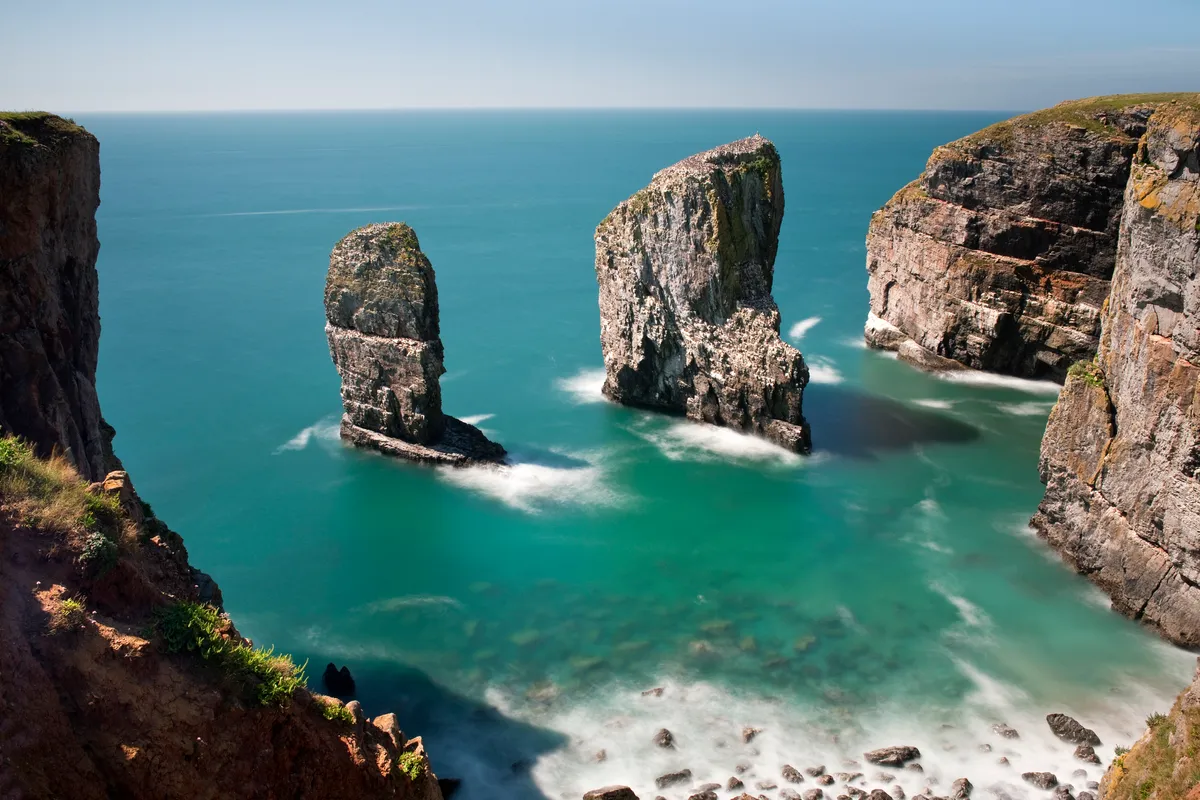
My rural heroes are Benny Rothman and the activists who trespassed on Kinder Scout in the 1930s and helped start the fight to make the countryside free to all.
There is a connection between nature and music, and not just the obvious and lovely classical stuff by Vaughan Williams and Butterworth and Elgar but folk music and even rock; pieces such as Mike Oldfield’s Hergest Ridge and Pink Floyd’s Grantchester Meadows are rooted in the British landscape.
The Lake District, the Pembrokeshire Coast and Cornwall are my favourite places in Britain.
I’d like to see less cultivation, fewer polytunnels and fewer mounds of tyres and black plastic bin bags in the British countryside. I’m not anti-farming but I don’t necessarily regard the countryside and agriculture as the same thing. They are two different things and I’ve a lot of time for George Monbiot’s thoughts on this. Just on a emotional level, the sights that I find inspiring tend not to have much evidence of modern humanity in them!
If I were a British wild animal, of course I would like to think it would be a pine marten or a golden eagle; majestic, enigmatic, unique. But more probably, I’d be a rabbit.
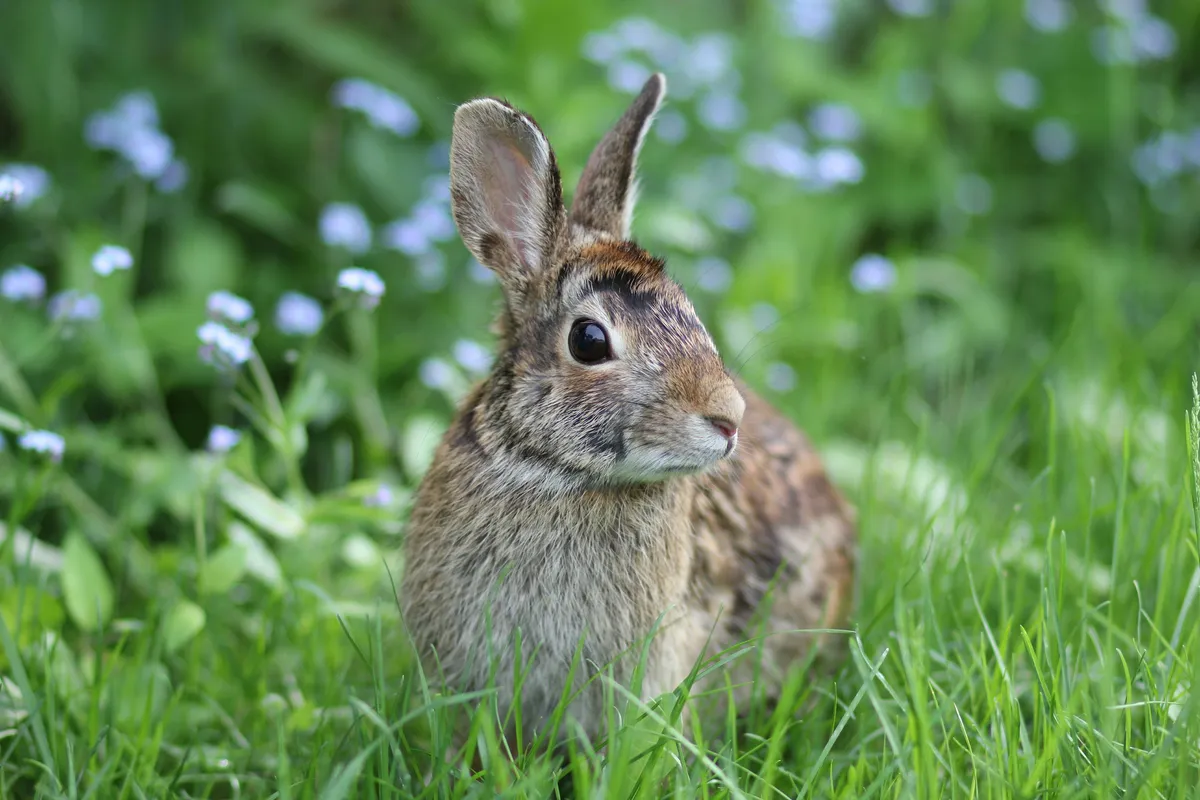
The county that produces the best music in the UK is Greater Manchester.
Children do need to get outdoors more, yes. It’s such a fuddy duddy thing to say but it’s true. That said, I see loads of kids out and about in the places I go walking. And I don’t think you should drag them up Scafell Pike against their will.
Swiss army knife, money and some form of pie are essential items to take on a walk.
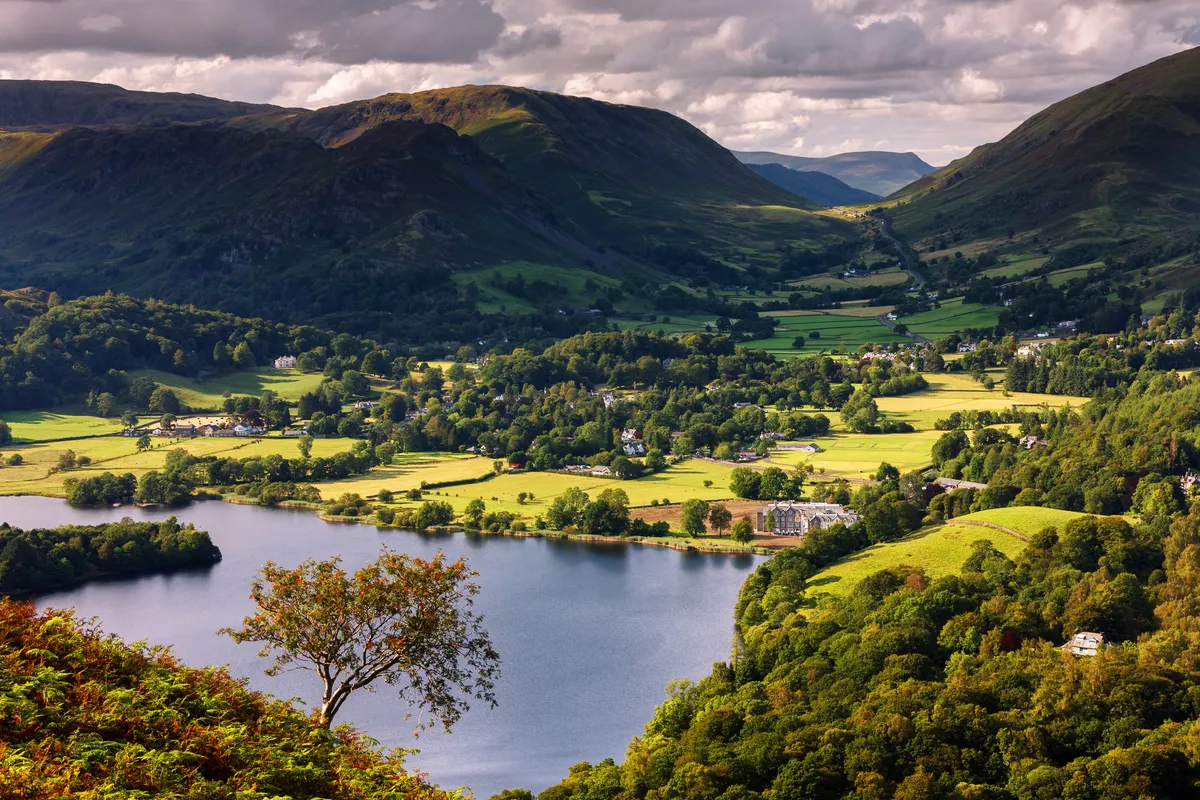
The landscape isn’t so much a direct inspiration in my writing, although I do often write about landscape and place, but it does inspire it in that my favourite place to write is up in my Lake District bolthole. The quiet and isolation and calm is the perfect physical and mental space to write in, with the fells in view and a red squirrel on the verandah.
Yes there is an urban/rural divide – the ways of life are different but I baulk at the idea that urban people don’t understand or appreciate rural life. The countryside belongs to us all, in a metaphorical if not literal sense.
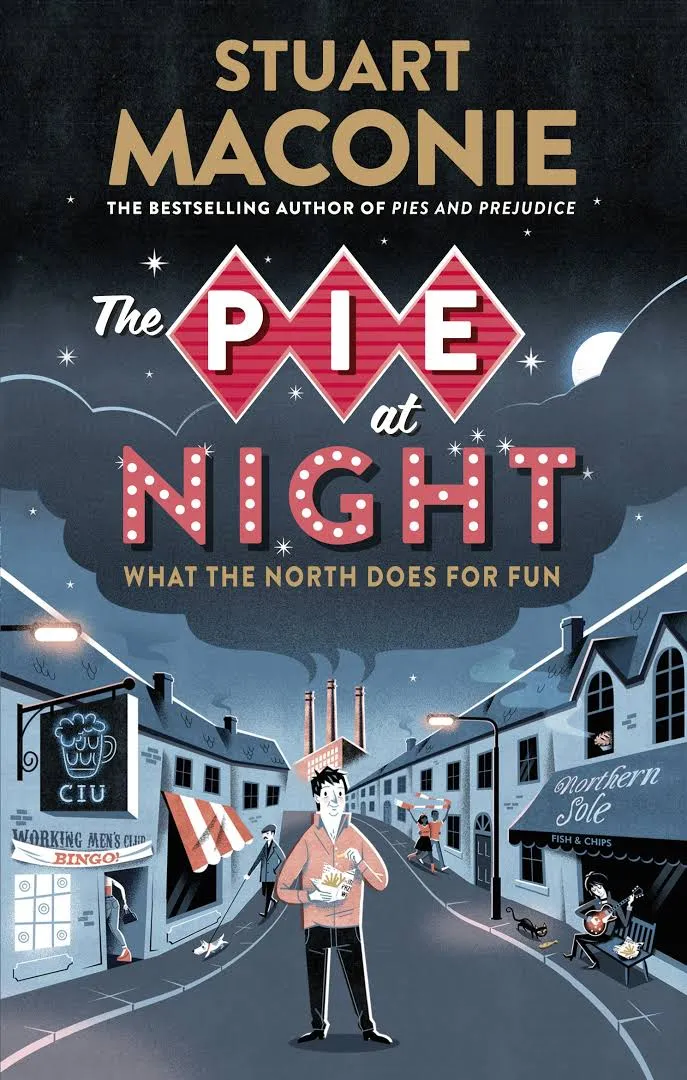
Main image ©BBC
